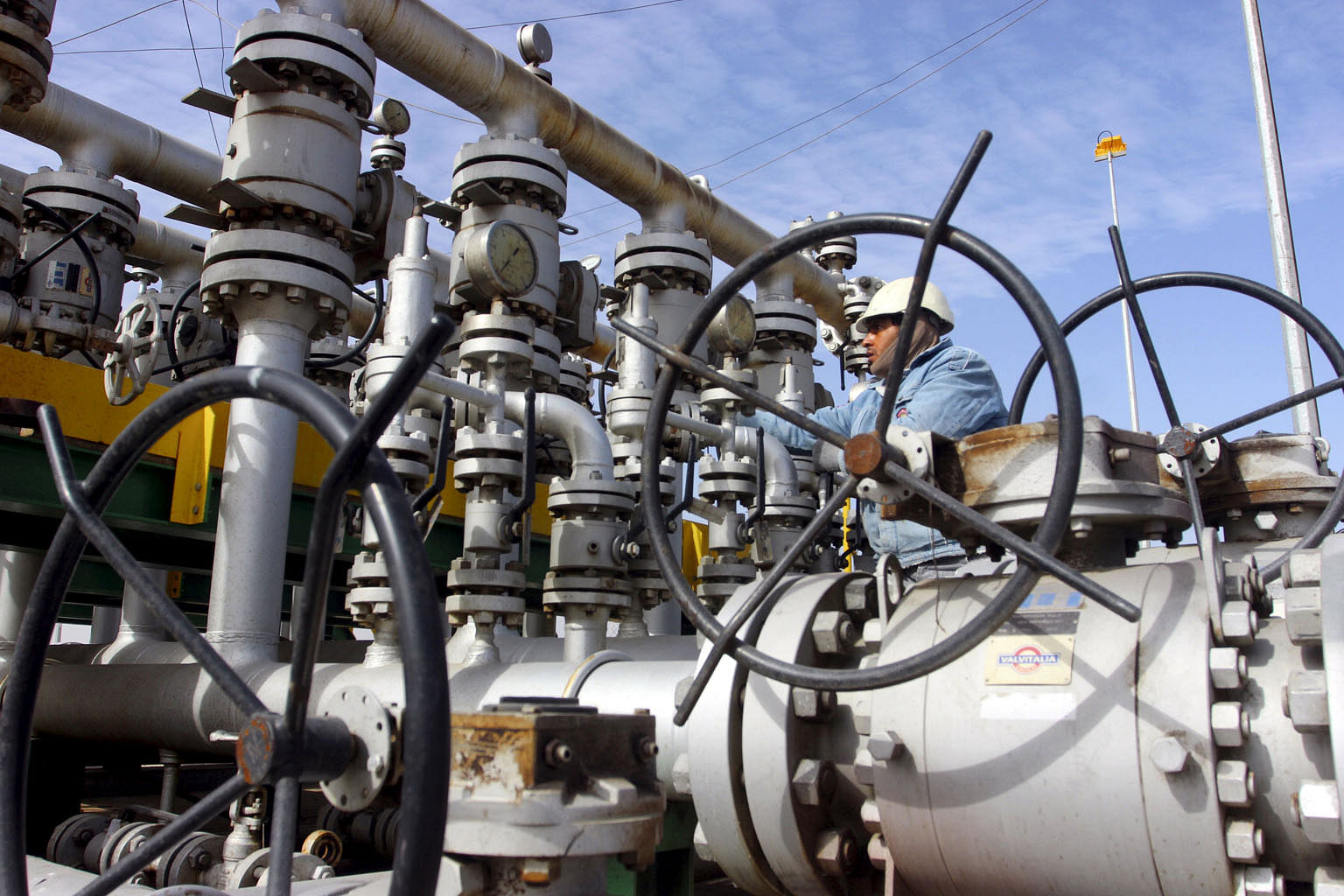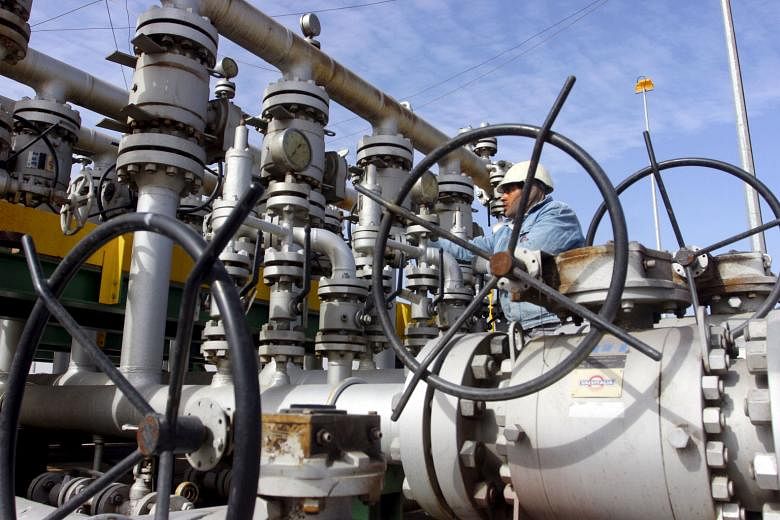There will always be a losing side when the price of crude oil plunges: the oil and gas industry and major exporters whose budgets rely on huge revenues from oil. Prices tumbled to multi-year lows of below US$30 a barrel in January and February, although they have rebounded somewhat since.
Singapore, with 5 per cent of its gross domestic product coming from the oil industry, and whose oil and gas export revenues dropped significantly last year, has also felt the impact. However, there are wider benefits of low oil and energy prices to the rest of the economy that outweigh their negative effects.
Businesses and factories enjoy lower costs of input, especially industries heavily reliant on oil, gas and others such as airlines, transport companies and manufacturers of plastics. Consumers spend less on petrol and other energy-related expenses and thus can save more, or have more for discretionary spending.
So while low oil and gas prices may not bring good news to environmentalists and oil states, they are a huge boost to the average producer and consumer, and to the economy as a whole.
The current situation with oil is a combination of both demand and supply factors that is keeping the price of crude low. Growth has slowed or stagnated in different regions, with China being the biggest factor, putting a brake on the demand for energy overall. On the supply side, there remains a glut of crude and gas in the global market, and the most dominant player, Opec, wrangles over cutting the production of crude oil. There are two scenarios to consider:

If the falling price of oil is largely due to a lower demand for energy, then it is simply an indicator of the current state of the world economy. Less energy is needed because production and consumption have slowed. Consequently, it is important to stop worrying about how the supply of oil is affecting the price of crude, and look at the factors pulling prices down, to address what ails the economy.
But if the low price is supply-led, it means energy productivity exceeds the needs for energy consumption, and the world economy should benefit greatly from lower costs of energy - consumers and producers alike.
It is times like these when productivity is boosted and growth can be added to the economy, even though environmentalists will justifiably raise their concerns. Worrying about low oil and gas prices is therefore irrelevant and counterproductive, because the fundamentals of the wider economy are quite separate from what is happening with supply, and the economy in fact can benefit from energy costs remaining low.
To illustrate further the irrelevance of simply obsessing over the price of crude, let's imagine that the Saudi Arabia-led Opec comes to an agreement to greatly tighten the supply of crude, leading to a substantial increase in its price. Should we then cheer this "good" news? If the price of crude has been remaining low due to the anaemic state of the economy, spiking it will only benefit the few while further harming the already fragile economy.
If, on the other hand, the low price of crude is due to a supply glut, tightening its supply is an artificial action that increases oil and gas prices but has no connection with global economic fundamentals. (That is not to say it will not lead to consequences. It will slow economic growth.) In either case, then, there is no comfort from the rising prices.
VOLATILITY BAD NEWS FOR ALL
What is often feared, and quite rightly, is instability in the energy markets, because high volatility in energy prices is bad news for all. It hampers planning for future consumption and investment.
Seeing the plunging oil price, some fear it signals more turbulence in the energy markets. While this is a valid concern, to address it a distinction needs to be made. The low price of crude can herald uncertainty from the energy markets themselves, or from the ailing economy.
If it is the latter case, we should look at economic fundamentals, not obsess over excessive supply and low price. A low oil price itself is certainly not the problem, and fixing the world supply to "restore" the price of the commodity would worsen the ailment.
If it is the former case, shouldn't the focus be on better overall supply management from the world's major oil suppliers, rather than on wishing for a senseless increase in the price of crude?
There are certainly justifiable concerns about the geopolitical influence of crude oil, centred on the fear that low prices can cause instability in the more volatile regions of the world. That is true to a certain extent. There have been squabbles among Opec members, and the onus is on these countries to manage the supply of oil better to reduce volatility in prices.
But again, the negative impact of the low oil price is limited to countries that have heavily benchmarked the health of their national budgets on very high prices of crude, such as Russia and Venezuela, and those countries whose domestic social stability depends on oil subsidies, like Iran.
The macro policies of these countries are not sound, with far too much reliance on a single resource, unrealistic price expectations and market-distorting price subsidies.
It is actually better that low oil prices force these countries to go through the necessary adjustments to make their economies more competitive and balanced in the long run. It can also be argued that low oil prices have taken a lot of the sting out of Russia, which until recently has been playing an increasingly dangerous game of brinkmanship, thanks to a strong economy based on robust oil prices.
Despite the very real concerns over crashing oil prices that can be a destabilising factor in certain regions in the world, there are positives from the lower cost of energy, which is hugely beneficial to the running of an economy.
It is also imperative to stop looking at the price of crude in isolation, and pay more attention to the fundamental factors underlying the global economy. At the very least, low oil and gas prices are small mercies in a world in the midst of such turbulence.
- The writer has a doctorate in economics from Singapore Management University

